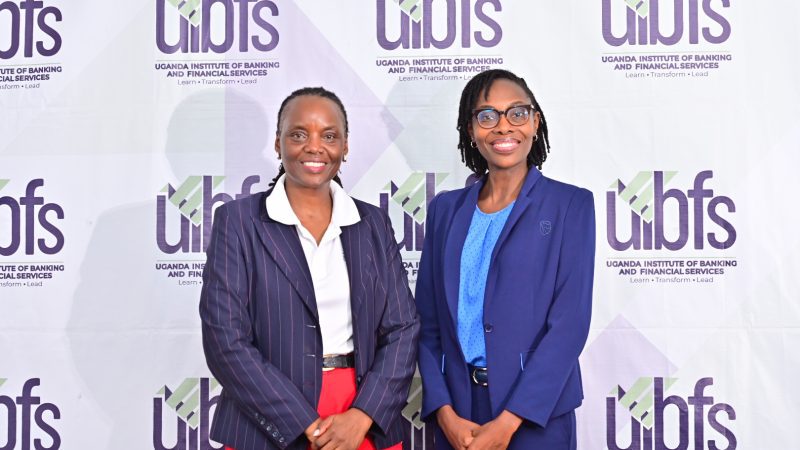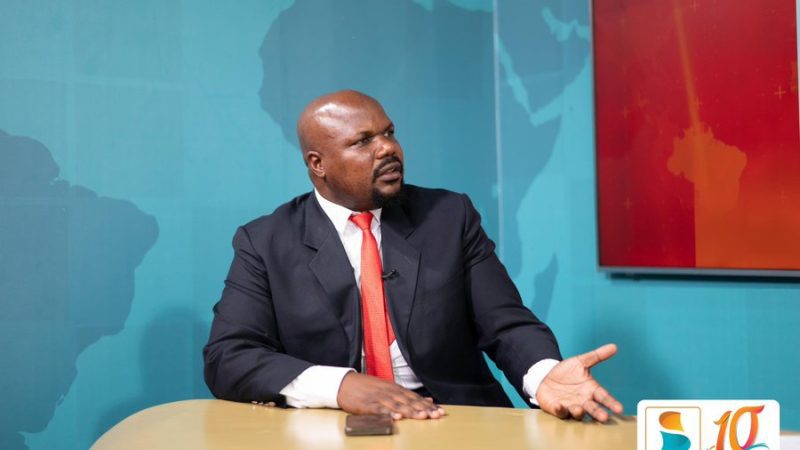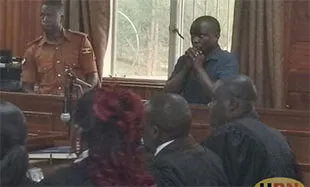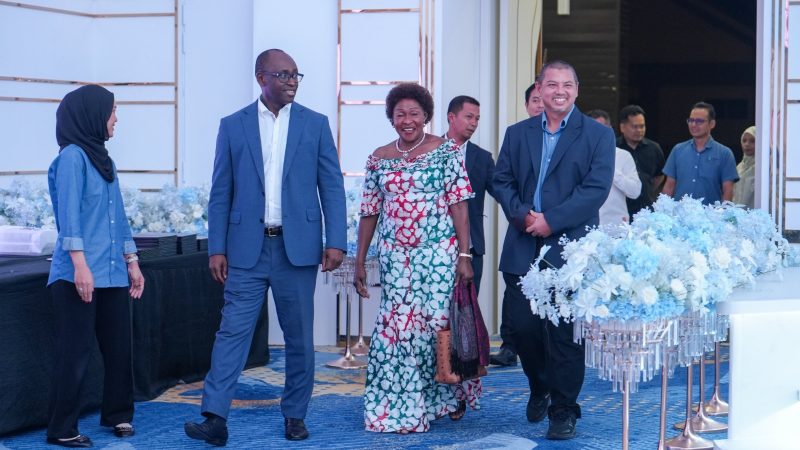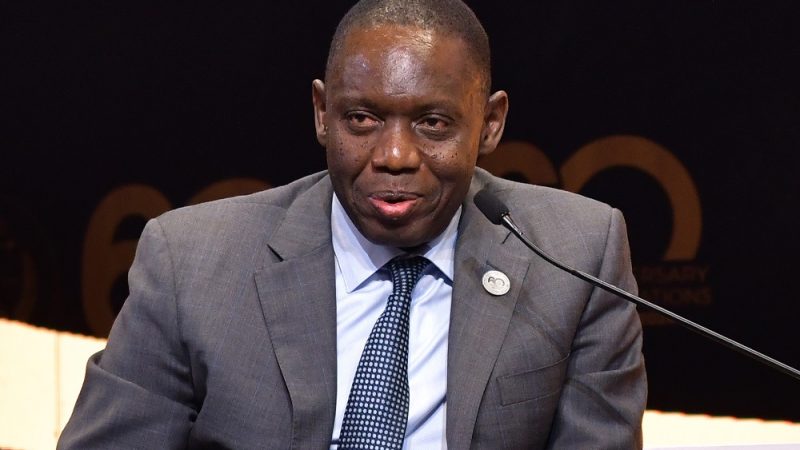Deus Kamunyu Muhwezi (PhD): On Heroic Awards of our Heroes Day
In 2015, I gave an opinion in response to the comments earlier reported by Daily Monitor newspaper to have been made by the Buganda Katikkiro praising Ssekabaka Mwanga 11 as a hero. His comments were premised on the fact that the King’s orders to kill the Uganda Martyrs had earned Uganda recognition coupled with economic benefits of religious tourism and therefore the King deserved to be held as a contemporary hero.
In that opinion, I argued that it was not proper for anyone to justify death of innocent human beings regardless of the potential outcomes (good or bad) intended or unintended. I wished to say for a fact that Uganda Martyrs’ risked their lives for what they believed in and that instead their brave acts and fine qualities as young Christians and latter day saints were actually heroic in contemporary terms.
I also wished to state for a fact that the annual celebration of Uganda Martyrs should be a deserving gesture of reconciliation between Buganda Kingdom and the families that lost their dear ones at the hands of a brutal King. In a contemporary world, such a gesture should be a sign of regret by the survivors clearly signaling that such heinous acts conducted on their behalf should never be repeated and hence an end of an inhumane era in favour peaceful coexistence.
Today the whole nation has put everything aside to celebrate our national heroes. I am certain that medals of different types will be handed down to all those thought to be deserving recipients but most borne of NRA activities of the early 1980s. Congratulations to all those who have been awarded medals as heroes on this, our heroes day and I hope you will be true heroes forever among your people and as assets of our nation.
However, as I say congratulations to you, I’m full of wonder on whether your decoration won’t be watered down by the results of the current debate. Many people want to know whether you are indeed true heroes among your people and the nation at large.
In my view, the celebration of heroism in the case of conflict and war sparked by political activities and among brothers and sisters (in the sense of nation) in a shared territory comes with deeper meaning. The significance of the purported brave acts or acts of great sacrifice to humanity must be critically analyzed to find out whether the heroic decorations would be seen by a significant number of citizens as decorations of true heroes. In case of war, these awards must bring about reconciliation beyond the conflict or celebrations of victory by a people that had a common enemy. Reconciliation makes more sense in our case, because the wars we worn were not triggered by foreign invasion but by a section of brothers and sisters who wanted to lead Uganda.
From a difficult heritage management view, I believe that commemoration of heritage arising from wars and conflicts which may permit erection of monuments and awards of heroism often given to those who braved to victory or those who supported the victor must begin with a reconciliation process.
During this process, it becomes important that all the affected (victors or losers) in a territory while at war or conflicting are given chance to heal. In the healing process they together begin to build consensus on particular individuals that were reputed as peace makers and shields of innocent civilians. This is even more important when the awarded victors and those who stand defeated hope to live together in peace thereafter in the same nation. The bottom line that is often forgotten is that the victors and the defeated in this case are both brothers and sisters who had a conflict that they hoped to solve amicably using a political line but which unfortunately turned into war.
The process of consensus building therefore should be guided by the meaning that a healing nation intends to attach to the heroic award or commemoration. In this case, both victors and the defeated if still living in the same nation must agree on the humanistic ideals that they all wish to pursue together and identify all those that represented such ideals during the conflict/war. Usually, if the heroic award is for reconciliation, it must inspire all people to believe in the good that the awardees represented and therefore worth emulating. If the award is for victory, it must inspire all people to believe that the acts of the awardees saved them all against the nation’s enemy (usually a foreign attack). Usually, this process serves a single purpose of legitimizing the awards and the awardees for posterity as being true heroes of the people of that sovereign territory.
Turning to those managing these awards, it is important to reflect on the process and meaning of the awards to the whole nation and whether this meaning will be held in posterity.
In my view, if these awards are given out by the victor or their representative without active participation of all the brothers and sisters that were involved in conflict, then their legitimacy may not be viewed as wholesome and the awards posterity is threatened. If there is active participation of all brothers and sisters involved in conflict/war, then the awardees become national heroes and true symbols of reconciliation or victory that inspire all in a nation to maintain the peace for which these symbols stand for.
It is also important to note that not every war or conflict must give rise to national heroes and especially in a situation where a war between brothers and sisters was purely borne of politics of a territory and hence resulting into limited consensus on a clear issue of common enmity. Any insistence on having heroes borne out of such conflicts/wars as a result of bad politics undermines the posterity of the heroic awards and is anti-reconciliation.
It is also important to understand that heroism has changed over time from the classical Greek “hero warrior” such as Yue Fei, Spartacus, Julius Caesar and Kwame Nkurumah, defined by acts of bravery, combat adversity and support especially done for greater good, to a more contemporary meaning pointing to any person who is admired for great or brave or fine qualities such as Mohammad Ali, Rosa Parks, Nelson Mandela or Mother Theresa, Dr. Matthew Lukwiya etc.
The changing nature of heroes from the classical perceived “hero warrior” to modern day society heroes is a demonstration that all heroes inspire and are symbols of reconciliation regardless of where they stand in the era. For national heroic recognition to stand a test of time, a process leading to such heroism must be trusted by all in a nation and should be a product of proper validation, contestation and consensus. All national heroes should also be held as national assets never to be forgotten in the history of state formation.
Happy Heroes Day and I hope you found time today to “award” your heroes too.
The writer is also the spokesman for Makerere University Academic Staff Association -MUASA and Makerere University Convocation


